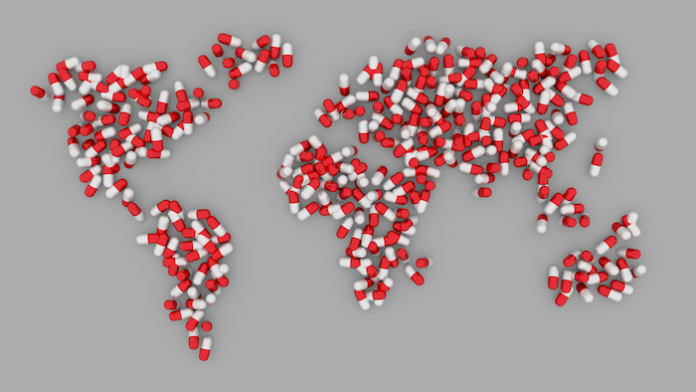
Big Data is helping us make a better world. One important example is its use in healthcare.
In 2012, the volume of global health data was 500 petabytes, and scientists predict that by 2020, the data volume will reach 25,000 petabytes.
Besides the big volume, health data also have various types, such as personal medical records, genetic data, radiology images, clinical trial data, and 3D imagining.
Big health data can provide valuable information about treatment. So how to store and analyze these data effectively?
In a study published in Computer Methods and Programs in Biomedicine, researchers introduced a new model to store healthcare data.
The model uses cloud computing, which uses a network of remote servers hosted on the internet to store, manage, and process data.
Most medical storage systems use relational databases, which, according to the researchers, are not very efficient and flexible. Cloud computing can solve the issues and provide higher performance with lower costs.
There are four types of NoSQL databases, including document database, key-value database, wide-column database, and graph database. A key-value database is the simplest.
In the health sector, most medical data are document-based, unstructured, and frequently updated.
Based on these features, researchers chose a document database to do the modeling.
They used real patient data from Medical Council and tested the NoSQL database and SQL database with four queries.
The first query was to write health data (e.g., drugs and their effects);
the second was to retrieve results with one textual value (e.g., drug-names);
the third was to retrieve results with two textual values (e.g., drug-names and side effects);
the fourth was to retrieve results with two textual values and one numerical value (e.g., drug-names, milligrams, and side effects).
The results showed that the NoSQL database was faster than SQL database in query performance and data preparation.
In addition, the NoSQL model had a flexible structure and can be updated easily when medical concepts and definitions are changed.
The NoSQL model also organizes data in a distributed manner, and hence data can be spread straightforward on different machines in several places. Finally, there are no limitations on data volume.
Based on these observations, researchers suggest that the NoSQL model is more effective than relational databases for dealing with big health data.
Copyright © 2018 Knowridge Science Report. All rights reserved.



